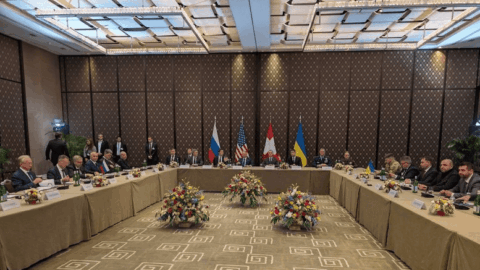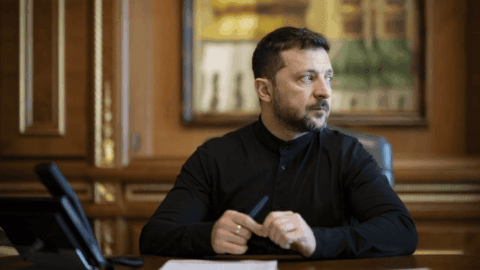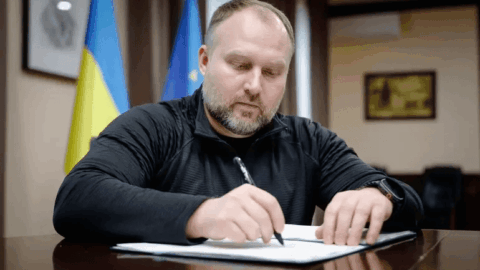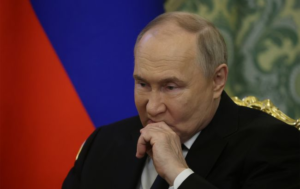After 100 days in office, Svyrydenko’s government shows polished communication but few real results – no major scandals, yet no vision, reforms, or clear strategy either.
Today marks exactly 100 days since the “great bed relocation,” or the new Svyrydenko Government. It’s time to sum up their work and Yaroslav Zheleznyak, Ukrainian MP, did it.
“Given that the Government still hasn’t had its program approved by Parliament, the assessment is based on public statements and promises – primarily those made by the Prime Minister herself.
For balance, let’s note both what has worked and what hasn’t.
Let’s start with the positives:
1. €6 billion in defense aid from the EU
- The government convinced European partners to allow part of international assistance funds to be used for the army – for the first time since the beginning of the war.
2. No major corruption scandals
- In 100 days, none of the top ministers have yet been involved in any high-profile corruption cases. It seems that most ministers are technocrats without personal “schemes.” (Exceptions include the Energy and Justice Ministries.)
3. Slightly better cooperation with the Parliament
- Ministers have started appearing more often in committees and engaging in dialogue with MPs. However, the comparison base is very low – Shmyhal’s government practically didn’t interact with Parliament at all.
4. Appointment of the head of the Bureau of Economic Security (BES) and the launch of a customs competition
- Although it happened under pressure from partners and the public, the government still completed the process.
Despite initial resistance and excuses, the staffing decisions were made – a formal but positive step.
And now the negatives and broken promises:
1. Failed promise of a moratorium on business inspections
- No decisions were made – neither a law nor a resolution.
- The number of criminal cases against businesses even increased (from 433 to 476 in July–August).
- Nothing has changed legislatively, and inspections continue.
2. Worsening situation with exports
- The so-called “soy amendment” blocked exports of certain crops worth around $3 billion.
- The EU reduced quotas for Ukrainian farmers.
- The government failed to resolve the crisis quickly – export support promises were broken.
3. Fake “optimization” of the state apparatus
- The number of ministries was reduced, but spending on their maintenance increased.
- An additional ₴1 billion was allocated just for the process of merging structures.
- No audit of budget expenditures has been carried out.
4. Setback in European integration
- After attacks on NABU and SAP, the government failed to respond, worsening relations with the EU.
- The opening of negotiation “clusters” has effectively been postponed until the summer of 2026.
- Instead of progress, the EU is expressing concern about reform rollback.
5. Irresponsible budget policy
- The submitted budget has a ₴300 billion gap for defense.
- Funds are being distributed through populist programs (“check-ups,” “support for entrepreneurs,” cashbacks).
- There’s no clear understanding of where resources for defense will come from.
6. Lack of vision and reforms
- The government’s action plan is empty and declarative – “all good things, nothing concrete.”
- No major reforms, no legislative initiatives, no clear economic strategy.
- The main goal seems to be “survive another day.”
7. Complete dependence on the President’s Office
- The government shows no independence.
- All key decisions are made not by the Cabinet, but by the President’s Office.
- Political loyalty matters more than competence.
Overall summary:
“A slightly better picture — without substance.”
- They communicate better and make nice presentations.
- But real achievements are minimal.
- No corruption scandals so far, but there’s also no vision, no reform, and no accountability.
- The government’s strategy: to survive, not to develop.
Zheleznyak’s personal conclusion: the best name for this government – “e-imitation.”

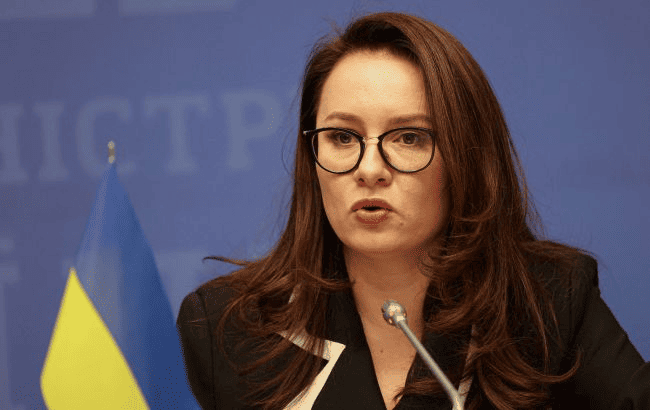


![Austrian Foreign Minister Beate Meinl‑Reisinger and Ukraine’s Foreign Minister Andriy Sybiha meet in Kyiv to discuss humanitarian, energy and reconstruction support. :contentReference[oaicite:2]{index=2}](https://empr.media/wp-content/uploads/2026/02/beata-480x270.png)
